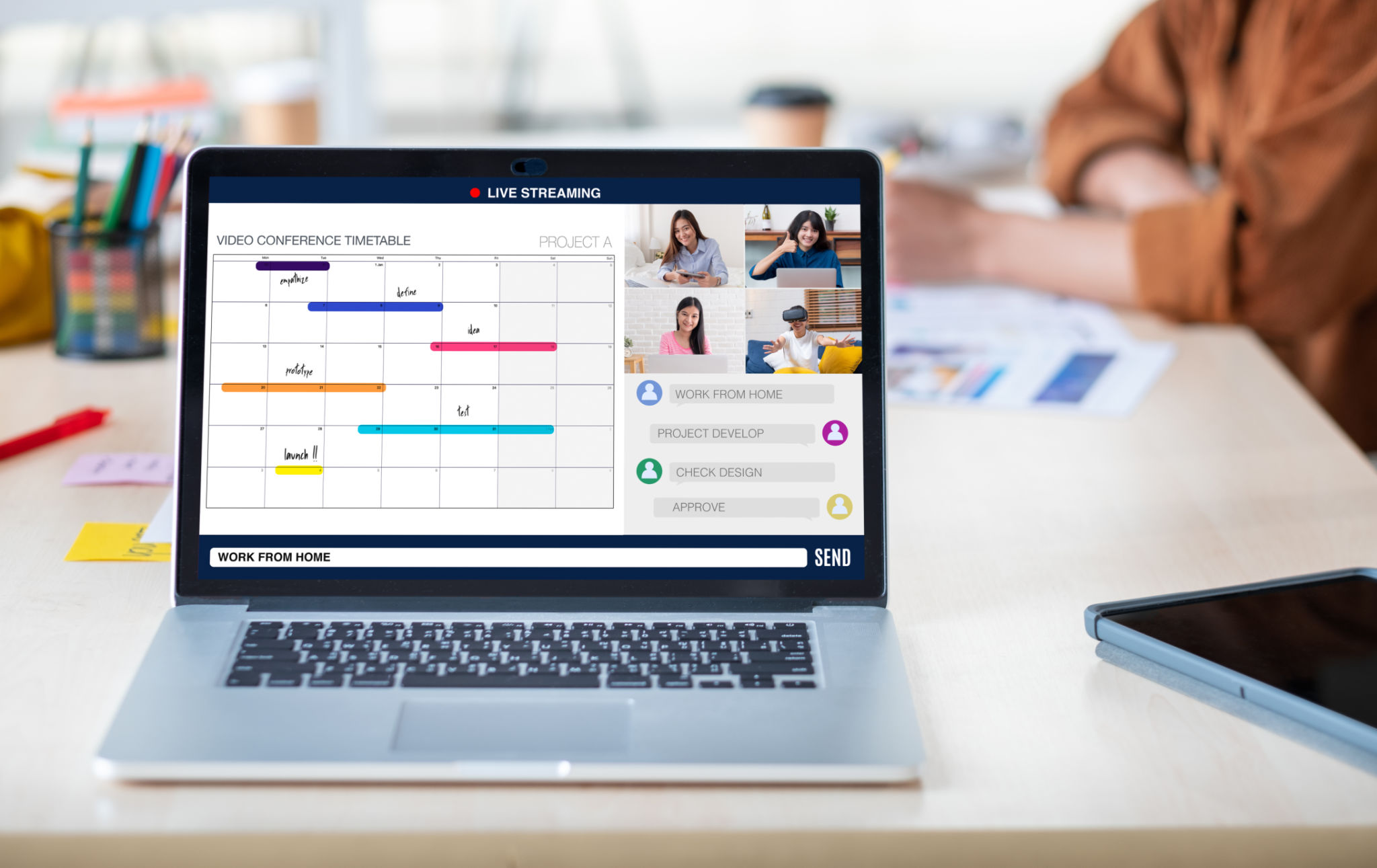How to Manage Remote Teams Effectively in Project Management
Le
Understanding the Challenges of Remote Teams
Managing remote teams presents unique challenges that differ from traditional in-office management. These challenges include communication barriers, time zone differences, and maintaining team engagement. Understanding these issues is crucial for effective project management. By acknowledging these challenges, team leaders can develop strategies to overcome them and ensure a productive work environment.
Remote work requires a shift in mindset for both managers and team members. It demands a higher level of trust and accountability, as well as a focus on results rather than hours worked. Emphasizing clear expectations and deliverables can help in aligning goals across the team.

Utilizing Technology for Better Communication
Effective communication is the backbone of successful remote team management. Leveraging technology can bridge the communication gap and foster collaboration. Tools like Slack, Microsoft Teams, and Zoom provide platforms for instant messaging, video conferencing, and file sharing, which are essential for keeping everyone on the same page.
Establishing regular check-ins and virtual meetings can help maintain transparency and keep the team connected. These meetings should have clear agendas and outcomes to ensure they are productive. Additionally, recording meetings can be beneficial for team members in different time zones who might not be able to attend live sessions.

Setting Clear Goals and Expectations
Clarity in goals and expectations is crucial when managing remote teams. Without the ability to physically oversee progress, managers need to establish clear objectives and deadlines. Using project management tools like Trello, Asana, or Jira can help in tracking progress and assigning tasks efficiently.
These tools allow team members to visualize their tasks and understand their roles within the project. Regular updates on progress can also help in identifying potential bottlenecks early, allowing for timely interventions.

Building a Strong Team Culture
A strong team culture is vital for keeping remote teams engaged and motivated. Promoting a sense of community and belonging can enhance productivity and job satisfaction. Virtual team-building activities, such as online games or virtual coffee breaks, can help strengthen connections among team members.
Recognizing achievements and celebrating milestones can also boost morale. Implementing a system of rewards or shout-outs for outstanding contributions can encourage a positive work environment and motivate team members to perform at their best.

Providing Flexibility and Support
One of the benefits of remote work is flexibility. Allowing team members to set their schedules can lead to increased productivity and job satisfaction. However, it is important to balance flexibility with accountability to ensure that project goals are met.
Offering support in terms of mental health resources or professional development opportunities can also enhance team performance. Providing access to online courses or workshops can help in skill development, ensuring that the team remains competitive and adaptable in a rapidly changing work environment.

Monitoring Performance and Providing Feedback
Regular performance evaluations are essential for managing remote teams effectively. These evaluations should focus on outcomes rather than processes. By setting key performance indicators (KPIs), managers can objectively assess productivity and provide constructive feedback.
Feedback should be timely and specific, highlighting both strengths and areas for improvement. Encouraging an open dialogue where team members can express concerns or suggestions can also contribute to a more harmonious work environment.

Conclusion
Managing remote teams effectively requires a combination of strategic planning, effective communication, and a supportive work culture. By embracing technology, setting clear goals, fostering a strong team culture, providing flexibility, and monitoring performance, managers can ensure that their remote teams operate efficiently and successfully.
As remote work continues to evolve, staying adaptable and open to new strategies will be key in navigating the complexities of remote team management in project management.
